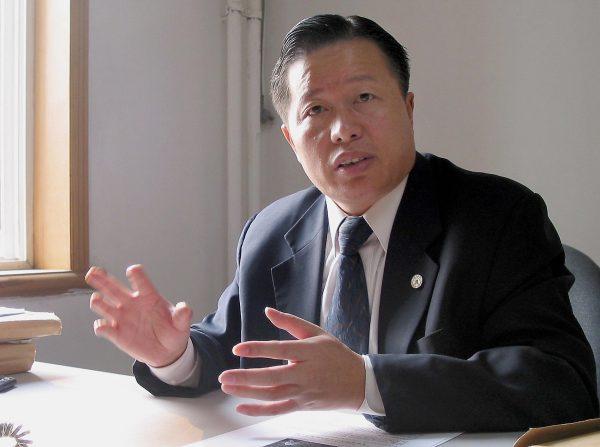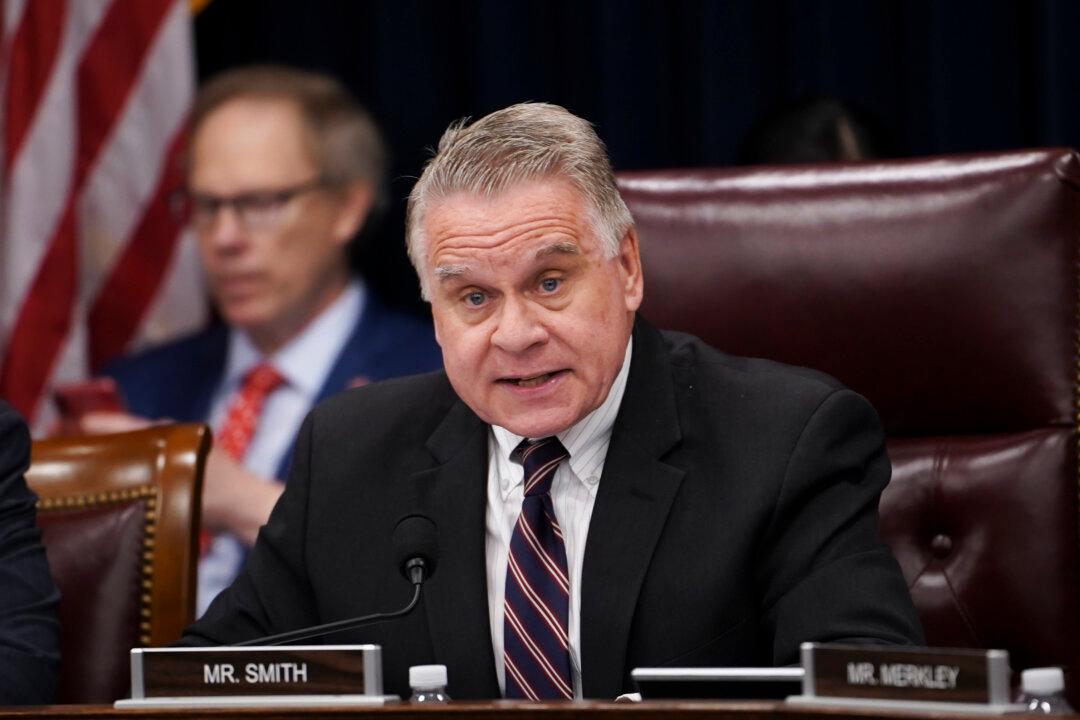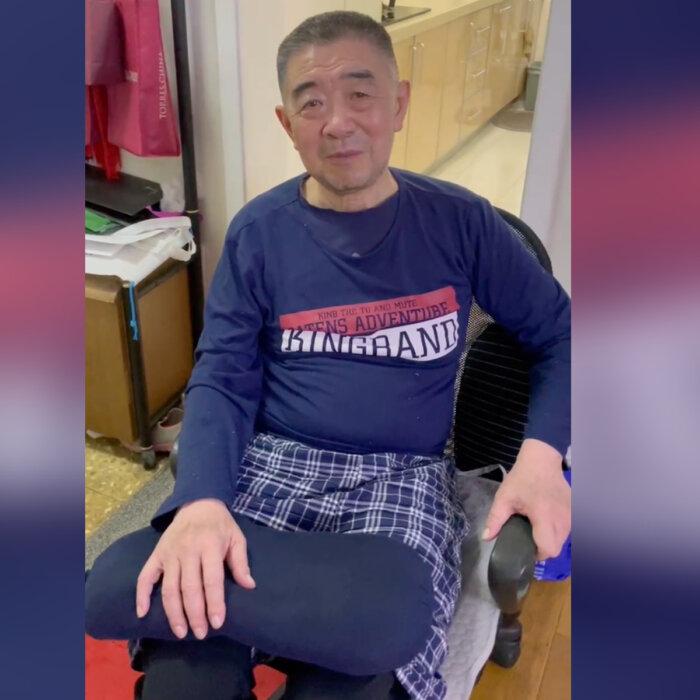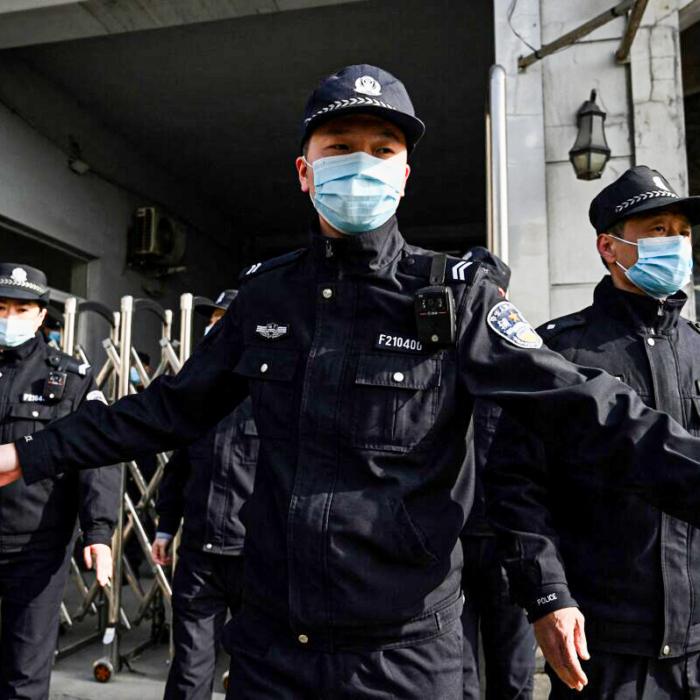A congressional commission has put together a list of political prisoners in China and is asking President Joe Biden to use it when talking to Chinese leader Xi Jinping at this month’s Asia-Pacific Economic Cooperation (APEC) summit in San Francisco.
“For the past decade, PRC officials have refused to accept lists of political prisoners from the United States and have limited our access to information on individual detainees’ treatment and location,” the lawmakers wrote, using China’s official name, the People’s Republic of China.
Citing San Francisco-based human rights group Dui Hua Foundation, they said that bringing up names of political prisoners matters. “The mention of an individual’s name on a prisoner list meant they had triple the chance of being granted clemency, and officials sometimes took action in individual cases even when they failed to formally respond to these lists,” they wrote.
“Many of these prisoners have been tortured or denied critical medical care in detention. We believe that by raising these cases, you can make a positive impact on prisoners’ lives and the lives of their families, and hopefully, we can bring about their release from politically motivated detention.”

According to the lawmakers, Chinese officials have hinted “at a willingness to resume dialogue with other countries on human rights.” As a result, they informed President Biden that “it is more important than ever to shine a light on the cases of individual detainees by submitting a list of political prisoners.”
List
The list of political prisoners has 40 names, but it “represents a small selection of individuals” arbitrarily detained in China, the lawmakers noted. On the top of the list are three Americans—Kai Li, Mark Swidan, and David Lin. Others on the list include Uyghurs, Tibetans, Hong Kongers, Chinese human rights defenders, Christians, and Falun Gong practitioners.Mr. Swidan, a Texas businessman who has been wrongfully detained in China since 2012, was sentenced to death with a two-year reprieve in 2019 after being charged with drug-related crimes. A Chinese court denied his appeal and upheld the ruling in April.
According to the lawmakers, Chinese authorities have reportedly subjected Mr. Swidan to physical torture and severe psychological torture, while denying him adequate medical treatment.
Mr. Gao, a self-taught lawyer and a devoted Christian, has been missing for more than six years, after he was taken from his home in northern China’s Shaanxi Province in August 2017.
“Authorities have held Gao in various forms of detention since August 2006, in connection with his representation of farmers in land expropriation cases and for writing open letters condemning the persecution of Falun Gong practitioners and Christians,” the lawmakers wrote.

Falun Gong
The lawmakers also named Niu Xiaona and Zhou Deyong, two Falun Gong practitioners, in their list.Falun Gong, also known as Falun Dafa, is a Chinese spiritual practice consisting of slow-moving meditation exercises and teachings centered on the values of truthfulness, compassion, and tolerance. By the late 1990s, the practice was immensely popular in China, with official estimates putting the number of practitioners at 70 million to 100 million.

Mr. Zhou, a geological engineer, was handed an eight-year jail term in April, following two years of detention. His wife, You Ling, and his son currently reside in Florida.
Transnational Repression
The list also includes instances of China’s transnational repression, most notably in the case involving Gulshan Abbas, a Uyghur retired medical doctor. The former doctor was detained in China in 2018 just days after her sister, Rushan Abbas, had spoken about Beijing’s mistreatment of Uyghurs at the Hudson Institute. The former doctor has since been sentenced to 20 years in prison.
To stop the CCP’s transnational repression against Uyghurs, the lawmakers asked President Biden to instruct the secretary of state to put together a list of people who are detained unjustly in Xinjiang and their family members in the United States.
“Even in the United States, they fear speaking up for their relatives who are detained in modern-day concentration camps,” the lawmakers wrote. “We ask that your Administration be their voice both in seeking regular contact with their family members and to allow them the freedom of speech, religion, and movement guaranteed by international law.”
“Xi Jinping and his government are assaulting human rights on a scale unprecedented in decades. President Biden, you have a unique opportunity to send strong messages to Xi Jinping about your position on human rights, which will likely have an impact in halting—and possibly reversing—this crisis,” the groups wrote.







